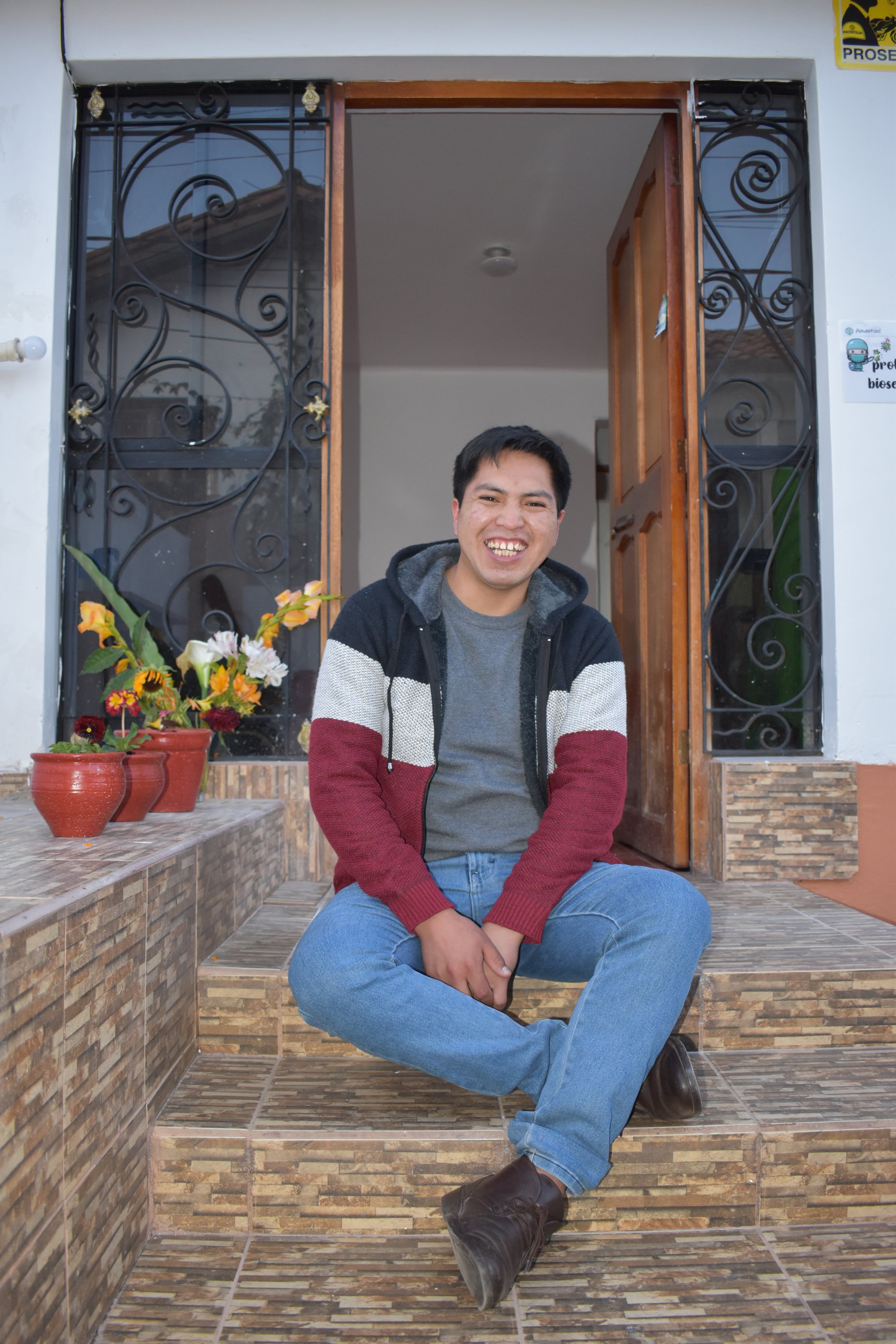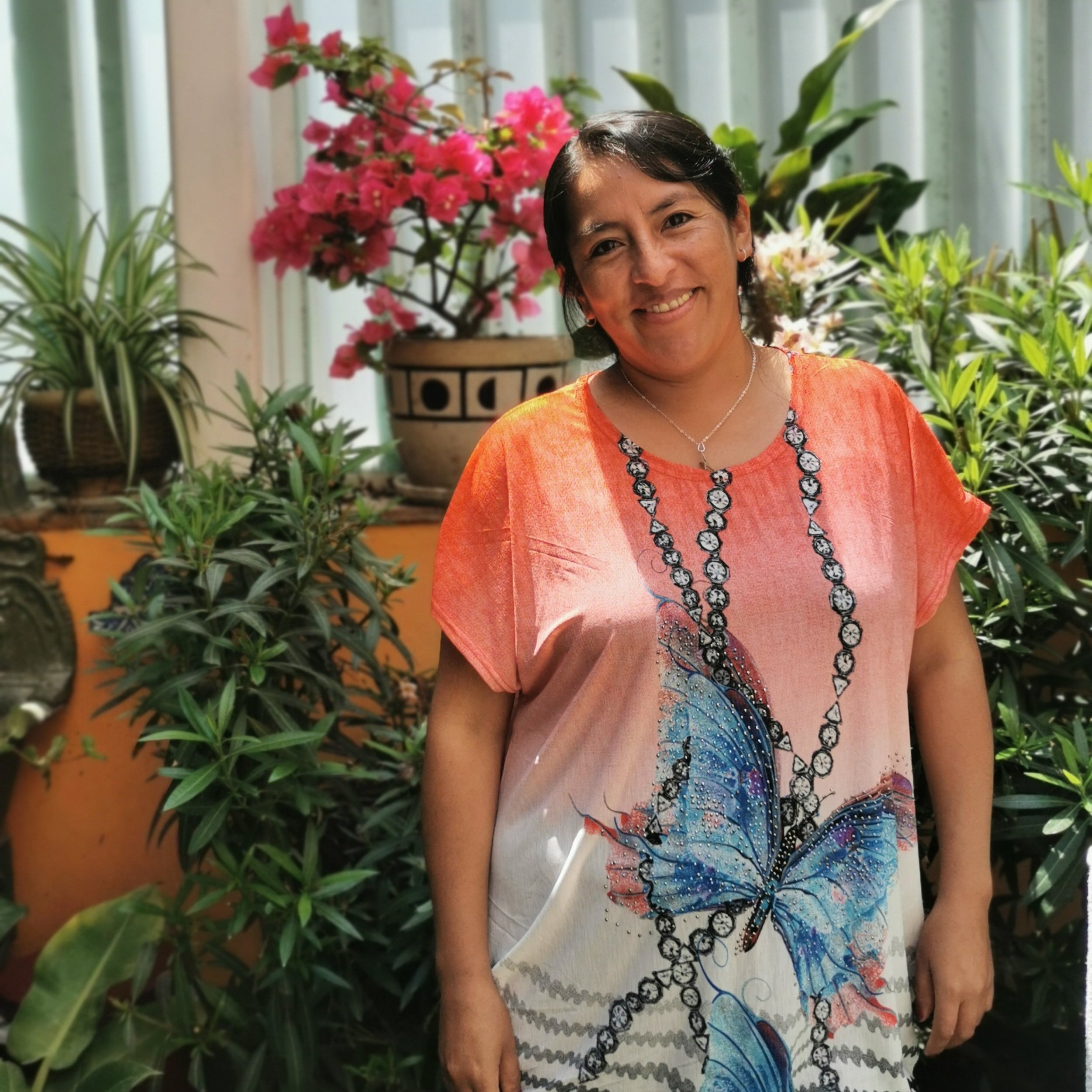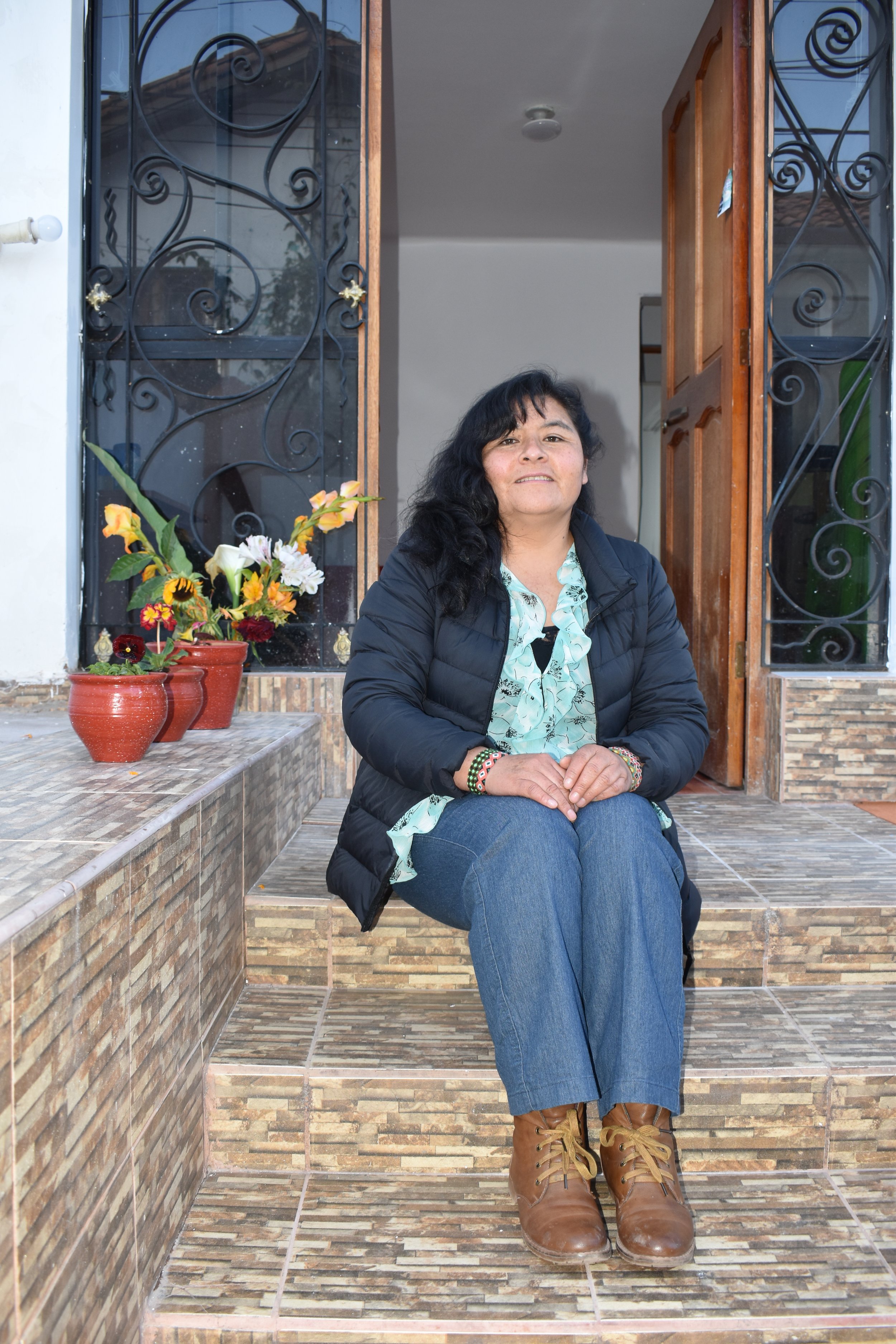The use of Quechua in Cusco
Throughout time, Peru’s diversity has been expressed in many different areas. One of them, has been language. Currently, there are 48 native languages in Peru. Although only four of them are Andean, the Ministry of Education states that Quechua, that most popular one, is spoken in 15 out of the 17 major cities of Peru.
Unfortunately, despite Quechua’s outreach and importance, it often comes with much prejudice towards the people who speak it. In order to know more about it, and with the goal of debunking myths around this beautiful language, we had a conversation with Tania, Patrick and Marleny, current members of the Amantani team who speak Quechua fluently.
“My parents didn’t want me to learn Quechua because they feared I would be discriminated against,” says Patrick, Psychosocial Tutor of our Scholarships Programme. “Unfortunately, many people in Peru assume that a Quechua-speaking person is ignorant, has poor hygiene and is not very smart,” he continues. Tania, Director of Cusco and our Meet My World Programme, had a similar situation, since she wanted to learn Quechua but her family suggested against it. “My grandmother, who was a native Quechua-speaker had to learn Spanish to talk to her own granddaughter,” she reminisces. “In many families, Quechua isn’t valued or prioritised.” Thankfully, there are still some families who value both languages and teach both to their young early on. Such was the case of Marleny. “I truly don’t know which is my mother tongue, since I learned both languages almost at the same time,” told us Marleny, our Coordinator of Studies.
Currently, Tania, Marleny and Patrick speak Quechua both in their personal lives and in the workplace. Even though they use it proudly, this has not always been the case for the young people of our Scholarships Programme, who are mostly native Quechua-speakers. “At first, it often occurred that when an English-speaker of the team spoke in a broken Spanish, the young people would laugh with him/her. But when a fellow Quechua-speaking young person spoke in a broken Spanish, they often have laughed at him/her,” shares Tania. Throughout time, thanks to Personal Development Workshops, conversations and meetings led by the tutors, the young people slowly reconnected with their origins and culture from a place of pride instead of embarrassment and we were able to see a positive change in their attitudes and perspectives towards Quechua.
Even though many people in Cusco speak in Quechua, it seems contradictory that this is often not reflected in the city. “Our city isn’t prepared to receive and take care of Quechua-speakers. Sometimes, the mothers of the young people we work with will tell us that they often come to the city to run errands or take care of paperwork and return to their communities extremely frustrated,” shares Marleny. In Cusco, where tourism is one of the most profitable industries, it is not unusual to hear more English than Quechua in the city center, and it is no surprise that the younger generations will be more motivated to learn foreign languages than to focus on Quechua.
When talking about the future of this language, the three team members agree that it’s uncertain. From an academic viewpoint, even though in Cusco there are currently some universities and institutes that are offering new careers, such as ‘Bilingual and Intercultural Education’ (focused on Spanish and Quechua), almost all the rest have only one obligatory course in Quechua that only covers a few basic words. Aside from the alphabetical and grammatical aspect, the Quechua language is culturally rich, carrying a specific history and understanding of the world that can’t be fully comprehended in a single semester. “For the time being, all we can do is try to keep Quechua alive as long as we are also alive,” says Patrick. To which Tania replies: “This is not only a task for young people and children. It’s also a job for parents. Parents: don’t tell your child not to speak Quechua. Say yes. And then, support them in learning even more languages,” she suggests.
Keeping in mind the importance of sharing more of this beautiful language, towards the end of the meeting, the three team members shared one of their favourite words:
1. Tania: “‘Tupananchiskama,’ which means: ‘Until we meet again’. Given that the concept of a final goodbye doesn’t exist in Quechua, this expression is like making a promise of a future reencounter.”
2. Marleny: “‘Hakuchu’ which means ‘let’s go’. I always say it, even at work.”
3. Patrick: “’Yanay’ which refers to your partner or the person who is by your side. It’s an expression of love that is used for both men and women, since there is no distinction of gender in Quechua.”
Even if Quechua’s future is uncertain, at Amantani we hope to continue sharing its beauty, and help build a larger community of Quechua-speakers that speak it proudly.



